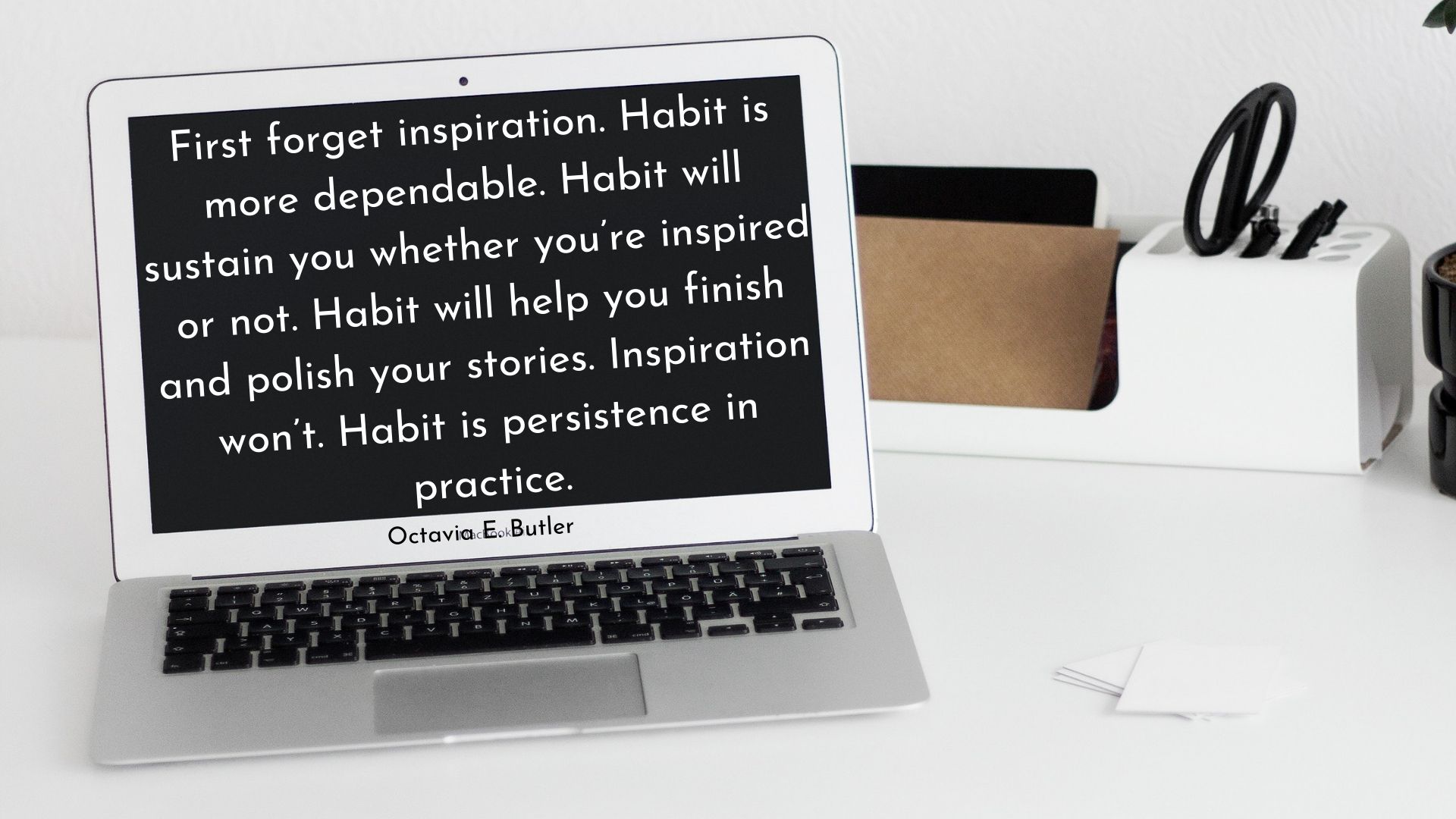Lines to Love: Exercise the Writing Muscle
Exercise. I’m certain many of you feel much like Paul Terry feels about exercise:
However, exercise is a very important part of life. It is a necessity to keep our bodies in good form for our health. Plus, we all like to look good. And if you want your exercise to truly have an impact, you must do it daily. Every. Single. Day.
Exercise is not exclusive to physical fitness, either. Whatever stirs your passion will require some sort of exercise on your part. For me, that would be writing.
Determination. Focus. Perseverance. Curiosity. A Passionate Heart. These are all things which we prize here at Whiskers On Kittens. It’s no wonder that all those elements are part of the writing muscle. Here’s another facet of the writing muscle.
Perseverance entails single-minded focus. With persistence comes the idea of daily practice. Every day I exercise the writing muscle by sitting down and writing. The more I do that, the stronger my writing muscle becomes. The stronger the muscle, the more enabled I am to persevere when I face resistance.
I’m sure we’ve all experienced a seized muscle. It’s a particularly painful occurrence. I believe writer’s block is a form of seized muscle. When you’re at a loss. When you don’t know what to write. Dancers and athletes can relate to this. When they can’t move properly or execute a maneuver like they have many times before. What do you do when you have writer’s block? Well, like any athlete will attest, you employ a different series of exercises to help get your muscles back in fighting form. This particular bit of wisdom from Laini Taylor has stretched out my seized muscle more than once:
How this translates for me is this way: I’m trying to get a scene written in my book. I know what I want to happen in the scene, but I don’t know how to get from A to Zed. So, I start writing a summary of what I want to see happen. Invariably, somewhere in that summation, I start writing dialogue and before I know it, I’m working on the scene. It’s an instance of mind over matter. Or habit over inspiration.
Athletes will agree with this. They know that it takes far more than inspiration and love of the sport/game/performance to keep them going. While they love what they do, it is also a commitment, and the commitment to that commitment is a job.
But something separates the great athletes and performers from the average. It’s not that they merely look at their passion as a job. More often than not, it becomes an obsession. One need only see the perfectionism Fred Astaire insisted on during his dancing routines to see that dancing was not only a passion and a job, it was an obsession.
To return to Fred Astaire, when he would rehearse his dance numbers, you could look at the floor- where indents from his tap shoes would mark out his progress- and see that there were only one set of tap imprints. He could rehearse a number 75 times, and the tap imprints would be in the same exact place each time. The passion had becomes his job and the job had turned into an obsession, but the result of that obsession was seemingly effortless- as though Astaire were only breathing or doing some other menial task we all do without thought. He achieved that by dancing every single day. When his feet hurt, he kept going. When he was tired, he kept dancing. He honored the process so that- at the end of the day- the process could honor him. How do you honor the process as a writer? You do what Alan Dean Foster says:
Now, writing is not dancing, to be sure, but it requires the same sort of commitment Astaire demonstrated in his art. For all intents and purposes, that commitment allowed Astaire to achieve perfection- or as close to perfection as any mere mortal shall ever come. That’s why the daily exercise is paramount. We need it to make sure we can not only write, but write the best we are capable of writing.
Exercise is part of the process. And we must always honor the process. And, when it hurts to put fingers to keyboard or pen to paper, remember Irving Shaw’s words:
Sure, exercise will hurt. It will stretch you. It will take you to the end of yourself sometimes. You’ll get to places that you don’t like. You’ll doubt yourself during those times. But as any personal trainer will tell their clients, you’re more capable that you think you are. When it hurts, remind yourself that this is your passion. When it’s tough, tell yourself that you’re working toward a goal and it doesn’t matter if today’s word tally is abundant or good quality. It just matters that you showed up and gave it a go. Like with exercise, you’ll have your heavy days, when you’re weight training or doing serious leg training. Then you’ll have the days where you’ll have to suck it up and write, even if you don’t like what you’ll have to write. Those are my cardio days. Not too fond of them. But then there are the days when you sit back, look over what you’ve accomplished, and realize that you can stretch and relax a bit. Polish those pieces you’ve worked hard on. But, at the end of the day, it all adds up to a healthy manuscript, short story, or blog post. And that, dear readers, is the goal. So, here’s to your health, be it at the gym or in the writing desk.









































